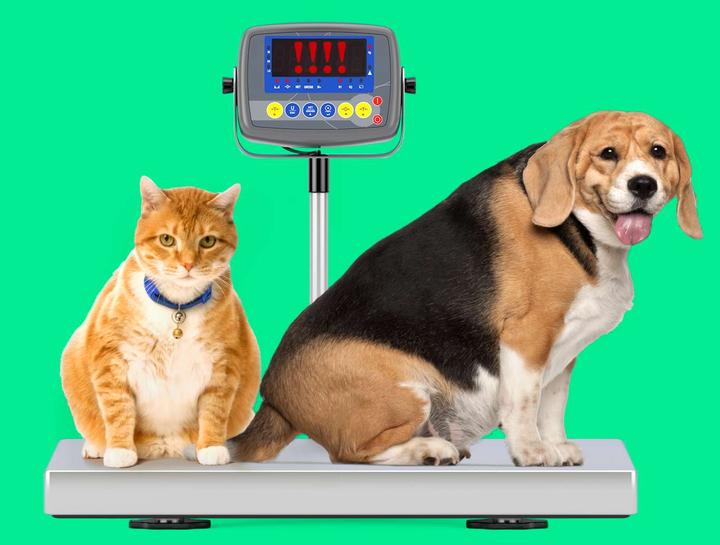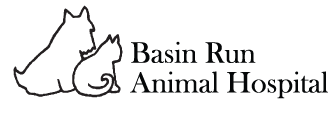Basin Run Animal Hospital Blog #6- Obesity

Obesity in Pets
Hello everyone and welcome back to our blog series! With the winter holidays coming up, I am here to discuss a rising epidemic affecting our pets’ overall health and wellbeing, obesity.
What is the definition of obesity in dogs and cats? Obesity is a pet that is equal to or over 20% heavier than ideal body weight. Obesity is a topic of conversation we often have with our clients about their pets, and although it is not an emergent issue like a fracture or bleeding, obesity carries many negative health consequences. Obese pets are more prone to joint and ligament injury and damage, cardiovascular, metabolic, renal and endocrine diseases. Unfortunately, obesity is also associated with shortened life; a study of Labrador retrievers showed a decreased lifespan of 1.8 years in overweight dogs compared to lean dogs. Another study showed a 2.8-fold increase in mortality comparing obese 8–12-year-old cats versus healthy weight cats.
How do I know my pet is obese? Visualizing your dog or cat from above, you want to see a dip inward where their natural waist is, and be able to feel, but not see, the ribs. No excess fat deposits, rolls or dimples! Clinical signs of obesity include exercise intolerance, reluctance to move or use stairs, jump, lethargy, lameness and difficulties breathing along with a high body condition score (BCS).
What can we do to keep our pets trim?
- Your vet can recommend a healthy daily calorie volume.
- There are many over-the-counter (OTC) and prescription diets that can be used to reduce weight in pets. Most increase fiber and protein, while decreasing fat. Recommended diets include Hill’s Healthy weight (OTC) and Purina OM (Rx).
- No table scraps! Dogs and cats are not nearly as well adjusted to eating high-fat foods as humans are, and not only can that piece of bacon cause weight gain over time, but cause gastrointestinal disease such as vomiting and diarrhea.
- Certain veggies and fruit are healthy as treats for dogs and cats, including green beans, cucumber, carrots, banana and apples.
- Do not feed grapes, onions, garlic, avocado and rhubarb due to toxicity. Do not use sugar-free human foods, as they may contain xylitol, which is toxic to dogs.
Reducing weight in an obese pet is a marathon, not a sprint. Programs usually take months to years to get your pet back to their ideal weight; then maintaining a healthy physique is the life goal. It may not be easy, but your pet will thank you in the long run!
